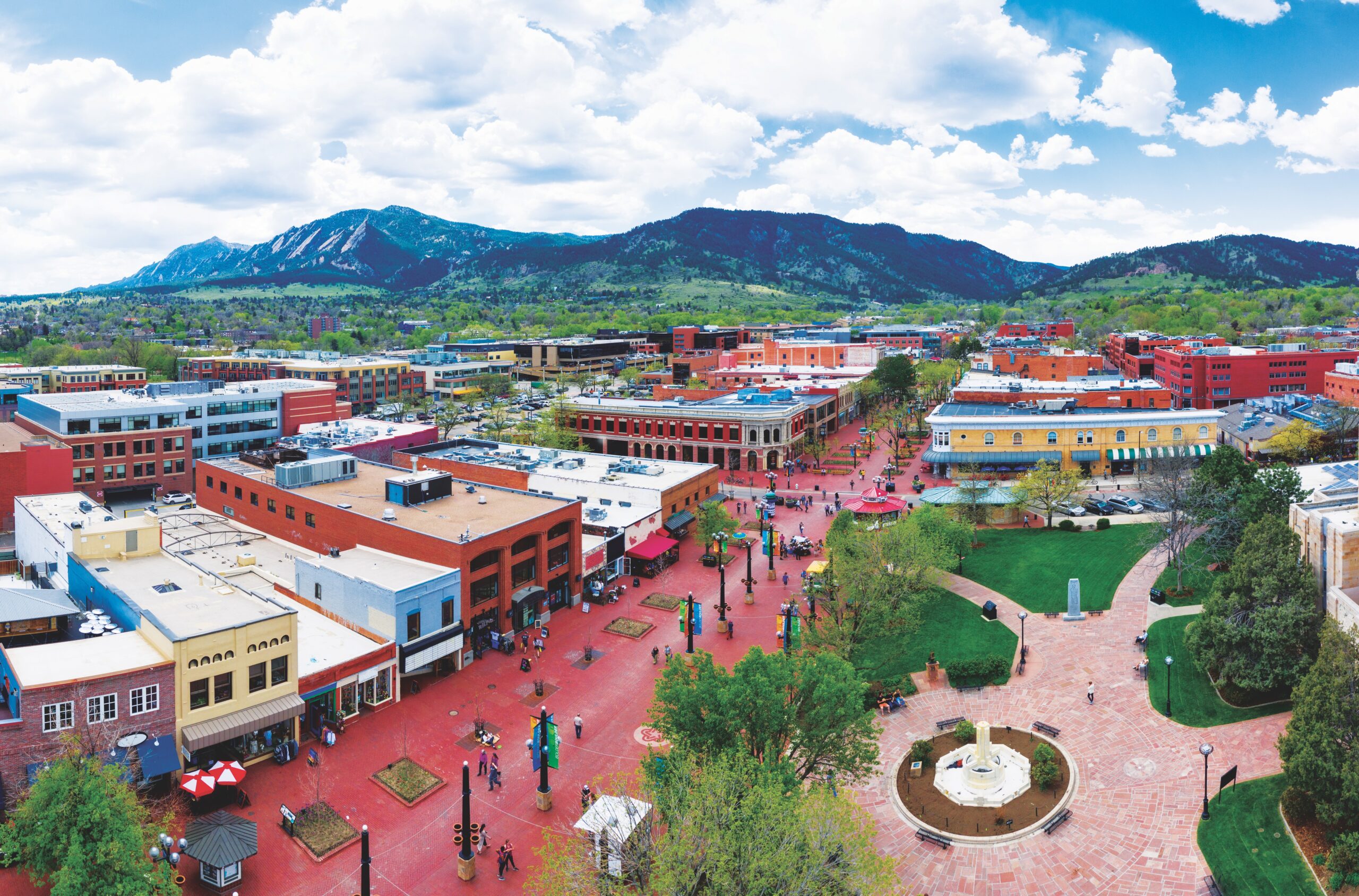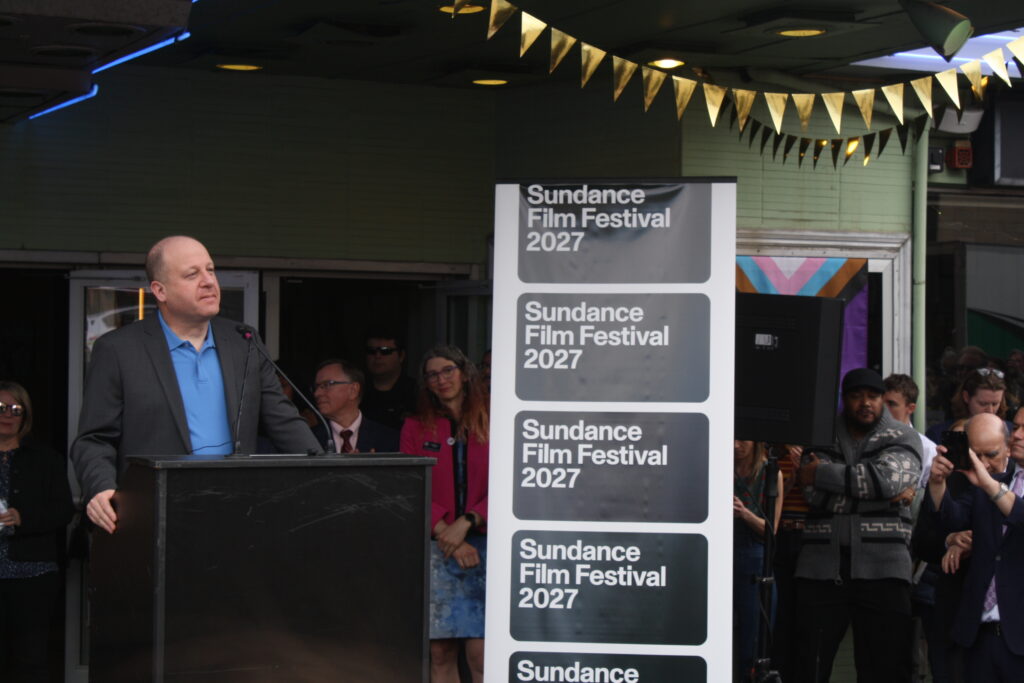
Unless you were sheltering in a mountain cabin without cell coverage last week, you couldn’t have missed the announcement that the Sundance Film Festival will move to Boulder in 2027.
Various officials offered reasons why Boulder emerged victorious, including the Flatirons, hotel rooms, social values, high tech, the university and $34 million in financial incentives. But what really won over those decision makers from Utah?
I’m not privy to any insider information, but I’m pretty sure that they fell in love with Boulder’s food scene. They went out to dinner and lunch and brunch and drinks at the city’s tastiest venues. I’m guessing they didn’t nosh at McDonalds or Starbucks.
The Sundance committee chewed over an essential fact about all film festival goers: Half of the pleasure (or pain) is seeing the film. The other half is arguing about the movie with friends afterwards over a meal or a drink.
People talk with their brains and make logical points, but when push comes to shove, they make gut decisions. It surely didn’t hurt that Sundance founder Robert Redford worked at The Sink as a janitor when he was a CU student.
The dozens of official announcements issued in the wake of lassoing the prestigious event seem to echo my speculation. Ostensibly about a film festival, the local food and restaurant scene got tons of ink from the powers that be.

The official announcement from the Sundance Institute praised Boulder’s “convergence of arts, technology, music, food, entrepreneurship and education.” Boulder resident and Colorado Gov. Jared Polis insisted that the festival will be “a huge benefit for our small businesses, including stores and restaurants.” Sonia Riggs, president and CEO of the Colorado Restaurant Association, referenced the hard times local eateries have experienced in recent years.
“We know this will be a stimulus to our local restaurants at a time when it is very much needed,” she noted in a press release.
Colorado Republican Sen. Mark Baisley of Woodland Park celebrated and offered an offhand warning in his comments: “Communities across the Front Range will benefit from the annual trek that will delightfully overwhelm Boulder’s hotel and restaurant capacities,” Baisley says.
The podium for the Sundance Festival dignitaries was set up in front of the Boulder Theater — within 100 yards of a dozen restaurants and food businesses. Again, I’m just guessing, but I bet many of them went out to eat after all the backslapping.
In the end, I think the Sundance folks fell for the whole tasty package that has made Boulder County internationally known: It was the Michelin-honored, James Beard-nominated eateries, and the region’s reputation as a natural food incubator, craft brew mecca, regenerative farm-to-table hub and school food innovator that won them over. They experienced the tastes we take for granted as foodies living here. Honestly, it is why some of us fell in love with the Boulder area in the first place.
It’s that one cup of perfect coffee on a patio, that singular slice of crispy pizza, or that shaken martini offered in a welcoming, hospitable place that sticks to our memories.
An uncertain future
Ironically, Boulder County restaurants have had a well-documented struggle in recent years staying in business. Local eateries have coped with high food, labor and rent costs as well as changes in dining habits since the pandemic. Local federal layoffs and potential tariffs on imported food and beverages are unlikely to make running a restaurant any easier in the next two years.
Still, Sundance looms ahead for Boulder’s food and drink businesses like the gooey creamy dessert you anticipate while downing yet another superfood power bowl for lunch.
Until the film festival boom arrives, Boulder and surrounding communities will face major hurdles if they want enough of those distinctive independent restaurants and food businesses to be thriving two years from now.
There is a buffet of questions to be answered:
• Will all those still-empty restaurant storefronts in Boulder County be filled with great new cafes and bistros?
• How can Boulder’s existing eateries be supported so they survive these turbulent times?
• Where will you find all the cooks, waiters, dishwashers, hosts and chefs to work in the restaurants?
• Since these essential workers probably can’t afford to live in Boulder, how are they going to get to work? Where will they park?
• Speaking of parking: Where will those actors, directors, producers and Sundance Film Festival attendees park on their way to dinner and a movie?
• Finally, should I make dinner reservations now for 2027?
John Lehndorff hosts Radio Nibbles and Kitchen Table Talk on KGNU (88.5 FM and streaming at kgnu.org). Podcasts: kgnu.org/category/radio-nibbles
